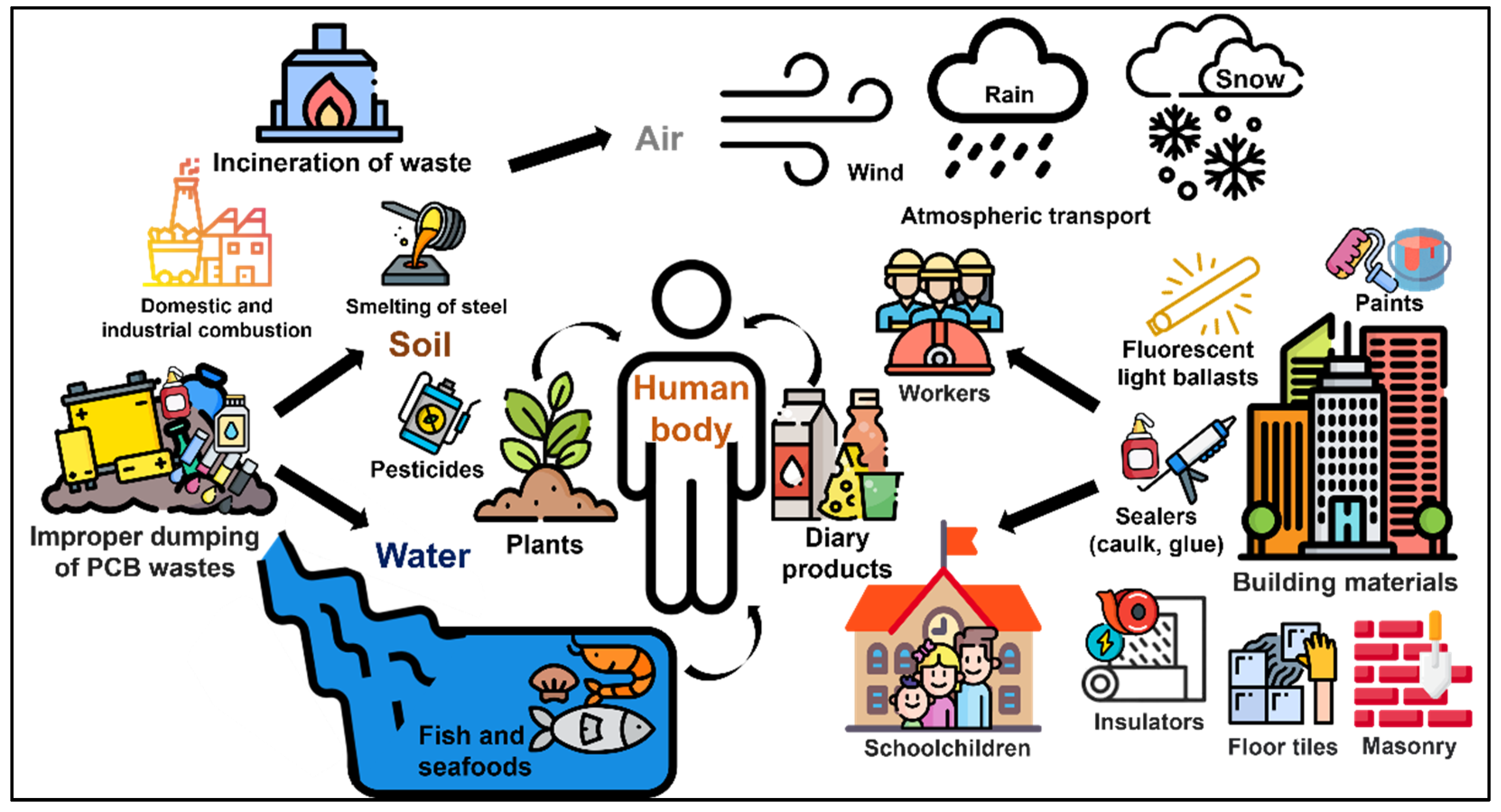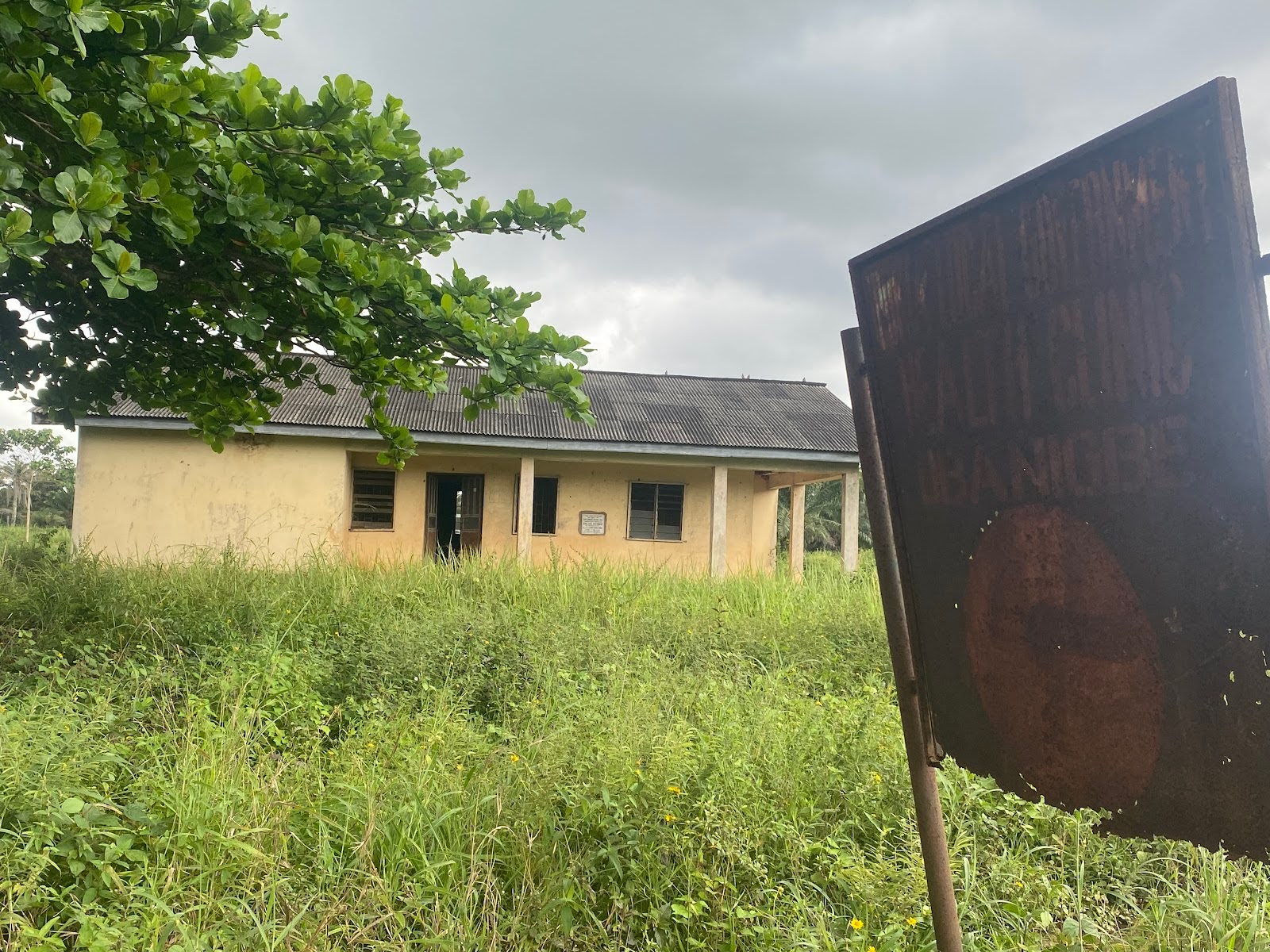
Nigeria, with the highest tuberculosis (TB) burden in Africa and second only to India globally is missing as a three-month regimen expected to prevent disease in high risk countries and persons rolls out in Cambodia, Ethiopia, Kenya, Malawi, South Africa and Zimbabwe.
The Aurum Institute and its partners, as part of the IMPAACT4TB project, on Tuesday March 24, announced that five high-burden TB countries, excluding Nigeria, would roll out a new, shorter drug regimen (known as 3HP) to prevent TB.
The announcement comes as countries around the world mark World TB Day, which takes place every year on March 24. Countries that will initially provide the new regimen with funding from Unitaid, PEPFAR and the Global Fund include: Cambodia, Ethiopia, Kenya, Malawi, South Africa and Zimbabwe. More than 120,000 patient courses of 3HP will be delivered by the project to 12 countries in 2020.
Unitaid is a global health initiative that works with partners to bring about innovations to prevent, diagnose and treat major diseases in low- and middle-income countries, with an emphasis on tuberculosis, malaria, and HIV/AIDS and its deadly co-infections.
The President’s Emergency Plan For AIDS Relief (PEPFAR) is a United States governmental initiative to address the global HIV/AIDS epidemic and help save the lives of those suffering from the disease.
An additional one million patient courses are expected to reach low- and middle-income countries by the end of the year, through the combined support of Unitaid, Global Fund, the Stop TB Partnership’s Global Drug Facility (GDF) and PEPFAR.
The new regimen consists of three months of rifapentine and isoniazid treatment. The previous standard of care—isoniazid preventive therapy (IPT)—was long and complex, with people required to take a pill daily for six to 36 months. The 3HP regimen, taken only once a week for 12 weeks, offers numerous benefits for infected individuals, clinicians and programs. Evidence shows that it’s as effective as IPT in preventing progression to active TB disease, has fewer side effects, more patients complete the regimen and is easier for patients to take.
“Effective TB prevention will be a game-changer in the global fight to eliminate tuberculosis,” said Robert Matiru, director of programmes at Unitaid. “This new, shorter regimen, which has until now been unaffordable, offers a great opportunity to turn the tide against TB and protect those who are at highest risk. Preventing this deadly, airborne disease is even more important at a time when the entire world fights to control the threat of COVID-19 and where health systems are being stretched beyond their limits.”
TB remains the world’s deadliest infectious disease. In 2018 alone, 10 million people fell ill from the disease, which killed around 1.5 million people, over 95 per cent of whom were living in low- and middle-income countries. TB can lie dormant for decades before it strikes; this is called “latent TB.” People with latent infection—almost a quarter of the globe—have no symptoms, are not contagious and most of them don’t know they are infected. If left untreated, latent infection can develop into active TB, the form of TB that makes people sick and is capable of being transmitted from one person to another.
“This is an exciting new step in the fight to end TB, as it is safer, shortens the duration of preventive therapy and provides more options for those at highest risk of developing active TB,” said Dr. Tereza Kasaeva, Director of the Global TB programme at WHO. “WHO, through its regional and country offices, is committed to support scale-up of TB preventive treatment in countries to achieve the UN HLM targets. These countries will pave the way for 3HP rollout in other TB high burden countries.”
During this first phase, 3HP will first be given to those at highest risk of progressing from TB infection to TB disease, notably people living with HIV (PLHIV) and children under the age of five. People living with HIV are 20 to 37 times more likely to move from latent to active TB than those without HIV infection. Often, their infection goes unnoticed until it is too late, and as a result people being successfully treated for HIV are now dying from TB.
At the UN High-Level Meeting on TB in 2018, world leaders committed to providing TB preventive therapy to at least 30 million people, including 6 million people living with HIV, by 2022, four million children under five years and 20 million household contacts.
“Children up to five years of age are at highest risk of progressing from TB infection to disease, yet only about 25 per cent of those who are eligible for it start TB preventive therapy,” said Dr. Matteo Zignol, Unit Head a.i., TB prevention, diagnosis, treatment, care and innovation, WHO Global TB Programme. “The scale-up of 3HP among these vulnerable populations will go a long way towards not only saving lives, but also reducing the overall burden of TB disease.”
In October 2019, Unitaid, the Global Fund and Sanofi announced a new price agreement for rifapentine (Priftin®), which drastically discounted the price of 3HP. The agreement with Sanofi lowered a patient treatment course of Priftin® from $45 to $15 (a 66 per cent discount).






